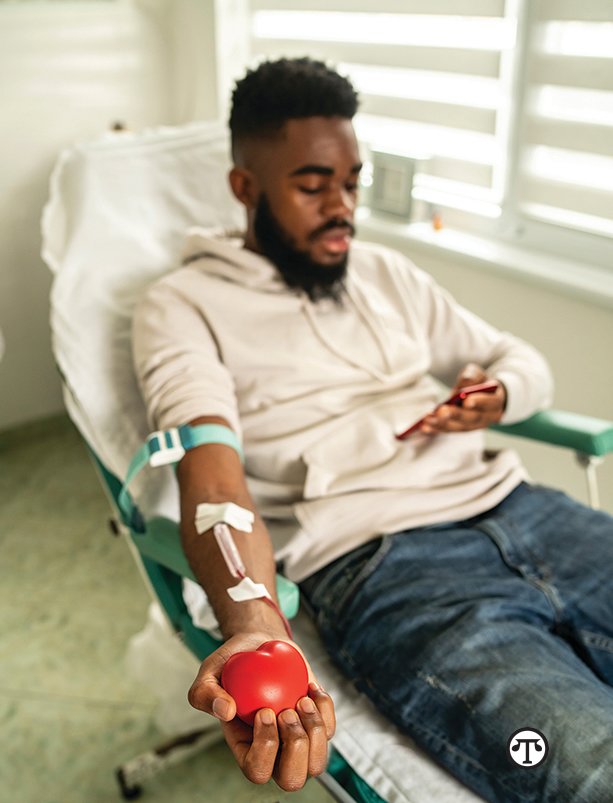(NAPSI)–As families plan their fall activities, the U.S. Department of Health and Human Services encourages you to make another plan–to donate blood. The need for blood is constant–every two seconds someone in the U.S. needs blood. That’s why it’s important to donate throughout the year, including this fall.Generally, donors must be aged 17 or older, weigh at least 110 pounds, be in good health, feel well and not be taking antibiotics. Eligibility varies by location, so check with your local donation center.Why should I donate?Donating blood helps cancer patients, accident and burn victims, transplant recipients and individuals suffering from blood disorders and chronic conditions. Plus, there is no substitute for blood. Donors are the only way to ensure that blood is available when people need it. What happens during the donation?Whether you choose to give through a mobile blood drive or at a donation center, the process is similar.1. Registration: You will sign in, show your ID, and read some information. 2. Health History and Health Check: You will fill out a questionnaire about your health, travel, and lifestyle to confirm your eligibility. Someone will also check your temperature, blood pressure, iron levels, and pulse.3. The Donation: Your arm will be cleaned and sterilized, then blood will be drawn from your arm. 4. Snack Time: You can then enjoy a snack and a drink while waiting 10 to15 minutes before you leave. Are certain blood types needed?Blood banks need a diverse supply of blood and their needs change daily. Plus, blood types vary and can be more or less common in certain racial and ethnic groups, so we need a wide range of people with different blood types to donate regularly.Can I give blood if I had COVID-19?If you tested positive for COVID-19, but did not have symptoms, you’re eligible to donate blood 10 days after the positive test result. If you tested positive and had symptoms, then you must wait to donate until you are symptom-free for at least 10 days. If you were hospitalized, you may have received a treatment that requires you to defer your donation. For example, if you received a blood transfusion or convalescent plasma, you cannot donate for one year. Can I give blood if I received a COVID-19 vaccine? If you had an inactivated or RNA based COVID-19 vaccine from AstraZeneca, Janssen/Johnson & Johnson, Moderna, Novavax, or Pfizer, you can donate blood if you are feeling well. If you got a live attenuated COVID-19 vaccine or do not know what type of COVID-19 vaccine you received, you must wait two weeks before giving blood. At your appointment, you’ll be asked for the manufacturer name, so bring your vaccination card with you. Learn More The Office of Infectious Disease and HIV/AIDS Policy, part of the Office of the Assistant Secretary for Health, launched the new Giving = Living campaign to increase awareness of the importance of donating blood and to encourage Americans to create new, regular donation habits. You can go to hhs.gov/giveblood to find a donation center nearby.
Be A Hero: Give Blood















